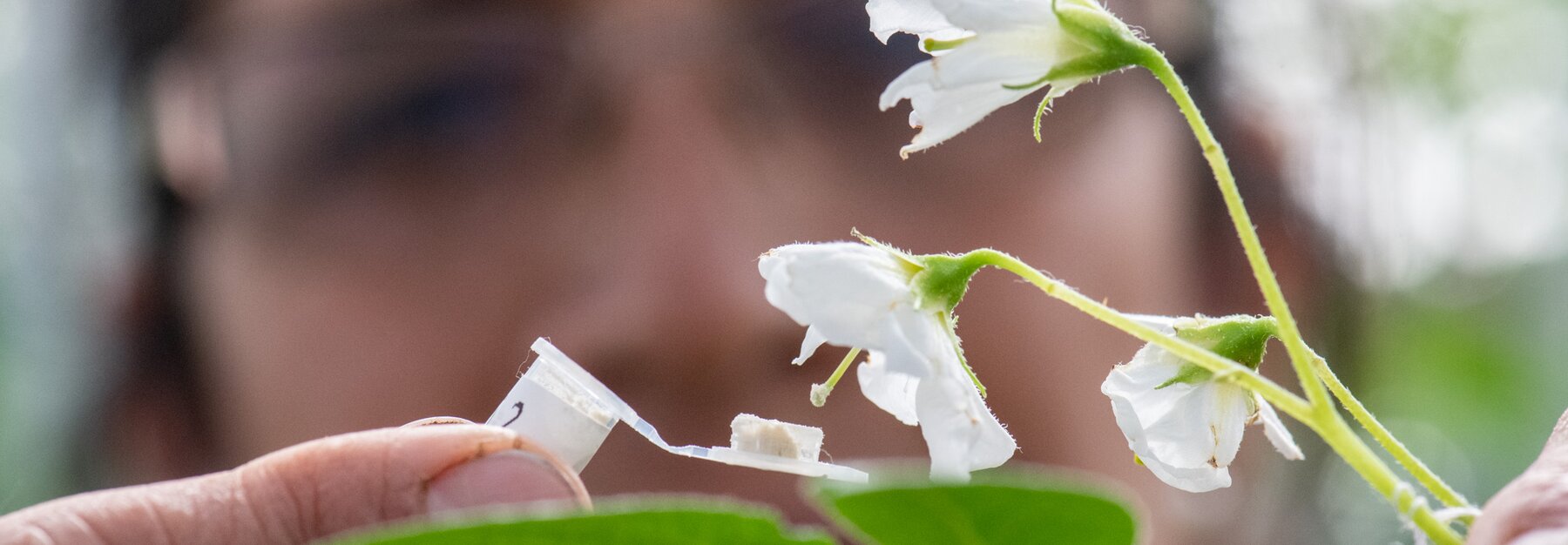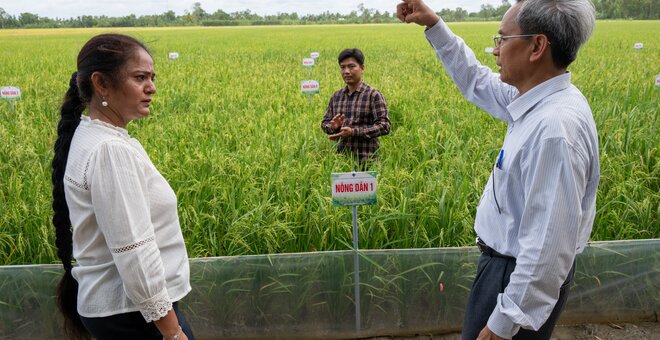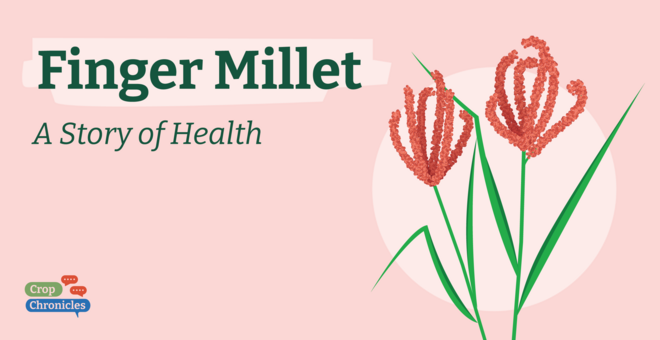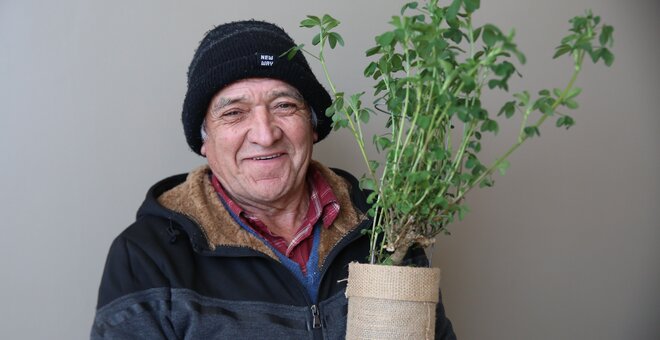Making New Crop Diversity Available
The world’s climate is changing and that creates new challenges for farmers and plant breeders. The crop diversity held in genebanks around the world has the potential to provide some solutions to these challenges. This includes new sources of tolerance to stresses such as drought, heat and waterlogging; new sources of resistance to diseases that are spreading to new areas and becoming more virulent; and new sources of more nutritious foods.
The Crop Wild Relatives Project, which came to an end in December of 2021, demonstrated a potential in wild relatives. After countless crosses and backcrosses, the Project generated breeding lines which were then evaluated for traits such as drought tolerance and disease resistance that would be useful to plant breeders.
Pre-breeding — crossing crop wild relatives with domesticated crops — incorporated these traits or some components thereof into plants that plant breeders could work with more easily than the wild relatives themselves.
Seven Key Food and Forage Crops
BOLD is continuing the efforts to broaden the genetic base of seven key food and forage crops: alfalfa, barley, durum wheat, finger millet, grasspea, potato and rice. The Project works with partners in 20 countries, with lead organizations including two developing-country partners, two CGIAR centers and two centers of excellence in bioinformatics and plant breeding. Farmers and other stakeholders are actively engaged in breeding and testing the resulting products in the field, thus ensuring that these efforts meet the needs of farmers and the demands of consumers.
Click on each of the crops below to discover more:
Data Management, Visualization, Analysis and Sharing
Pre-breeding — crossing a crop’s wild relative with a domesticated plant and then crossing the offspring repeatedly with the domesticated plant until the breeder has a plant that has the desired trait from the wild relative and the “improved” characteristics of the domesticated plant — generates a vast amount of complex data. Each “generation” consists of a huge number of plants with different characteristics, all of which must be recorded and assessed by the breeder to choose which ones to use in the next round of crosses. This presents the breeder with big challenges in collecting, organizing, storing and provide usable access to these data in practical ways.
Working with the James Hutton Institute, UK, the BOLD Project is deploying bioinformatics resources and platforms that will help the breeders involved in the project to collect, upload, store, search, visualize and retrieve data on their breeding materials and the diversity they are generating. These tools will facilitate the breeding process and promote use of the diversity it is generating. BOLD also encourages open and inclusive science, develop Findable, Accessible, Interoperable, Reusable (FAIR) and open data principles across research groups and enhance capacity and capability around good data handling practice.
This work builds on the foundations laid during the Crop Wild Relatives Project. It will provide state-of-the-art web-based interactive tools based on commonly used platforms developed at the James Hutton Institute, including Germinate, GridScore and Helium and other resources. These tools, which have been enhanced through interaction with BOLD partners, will allow researchers and breeders to gain a deeper understanding of the complex information that BOLD datasets contain.
By combining effective data collection using modern apps such as GridScore with data export and versioning tools that provide automatic formatting of data for use in analysis programs using Germinate, these tools will allow datasets to be tracked during analysis and shared widely across and within communities.
Overall, this work will:
- promote the use (and re-use) of existing information by relevant crop communities;
- reduce errors in datasets through improvements in data collection and processing;
- reduce barriers of access to both local and publicly available datasets;
- provide a standard distribution framework and format for publishing data and results;
- optimise data value capture and exploitation; and
- ensure simplified interoperability between complex datasets.
Making BOLD experimental data available to breeders, scientific researchers and farmers in approachable and tailored ways will increase the utility and value of the data and knowledge the project will generate, ensuring diversity is more accessible for exploitation.
Related stories
Vietnam Recognizes its First-Ever Rice Variety Derived from Crop Wild Relatives
Plant Breeders Innovate Against Climate Change
Vietnam's agriculture is at a crossroads. Extreme weather events, higher temperatures and unpredictable rainfall are putting pressure on the country’s food supply and disrupting...
20 Jun 2025
Kauke Alfalfa Gives Farmers’ Livelihoods a Boost in Chile’s Central Valley
“It produced tremendous amounts, beyond my expectations, especially during the summer months, when nothing else grows. So, I cut the alfalfa and stored it away to feed my horses during those harsh months.”
Juan Luis Acuña...
23 Aug 2024




